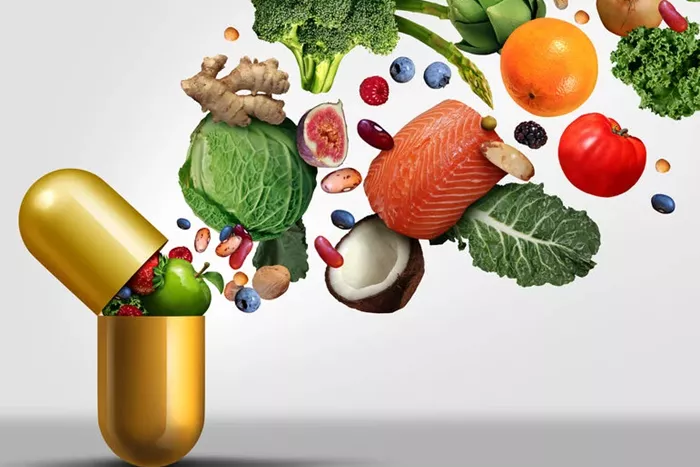A recent study has highlighted the potential benefits of a plant-rich diet in reducing the risks of both heart disease and type 2 diabetes. According to the research, consuming foods high in phytosterols, plant compounds that are structurally similar to cholesterol, may help lower the risk of these chronic conditions. The findings were presented at the annual NUTRITION 2025 conference by the American Society for Nutrition.
The study analyzed data from over 200,000 adults, primarily nurses and healthcare professionals, who were tracked for up to 36 years. The researchers examined their diet, focusing specifically on their intake of phytosterols, which are found in plant foods like fruits, vegetables, whole grains, and legumes. The study found that people who consumed the most phytosterols were 9% less likely to develop heart disease and 8% less likely to develop type 2 diabetes compared to those who consumed the least.
Phytosterols have been known to lower cholesterol by preventing its absorption in the intestine, which can reduce LDL (bad) cholesterol levels in the blood, a key factor in the development of heart disease. These compounds are also thought to have anti-inflammatory properties and may play a role in improving insulin sensitivity and metabolism, potentially lowering the risk of both heart disease and diabetes.
Fenglei Wang, PhD, a research associate at Harvard T.H. Chan School of Public Health, who presented the study, emphasized that their findings suggest phytosterols may help reduce risk by alleviating insulin resistance and inflammation, two key factors in both conditions. The researchers also noted that the gut microbiome could be involved in this process, as certain microbial species may enhance the body’s ability to metabolize phytosterols.
Despite these promising findings, experts caution that more research is needed to fully understand the role of phytosterols in preventing heart disease and diabetes. Eamon Laird, PhD, an assistant lecturer in nutritional science at Atlantic Technological University, pointed out that while the study’s findings are significant, more details on the methodology, population, and statistical techniques used are necessary to draw definitive conclusions.
For those looking to increase their phytosterol intake, the most effective sources are unrefined plant oils such as olive, corn, and sunflower oil, as well as nuts, seeds, whole grains, and legumes. Other foods like avocados, broccoli, and oranges also contain significant amounts of phytosterols. However, experts note that the typical Western diet is often low in phytosterols, and it may be challenging to reach the recommended 2g per day through diet alone.
To achieve this intake, some may opt for foods fortified with phytosterols, such as spreads or dairy drinks, or even supplements. However, Megan Smith, a registered dietitian, cautioned that while phytosterols can help lower LDL cholesterol, they should not replace medication for those with high cholesterol, and they are not recommended for pregnant or breastfeeding women, or children under five.
The study’s findings, which are still awaiting publication in a peer-reviewed journal, suggest that incorporating phytosterol-rich foods into a plant-based diet may offer a simple, non-medical approach to improving long-term health and reducing the risks of heart disease and diabetes.
Related Topics:
Why Drinking Sugar May Be Worse Than Eating It
Saqib Saleem Shows Off Muscular Look After Cutting Carbs
6 Low-Calorie Wendy’s Orders for Weight Loss from Fitness Coach


